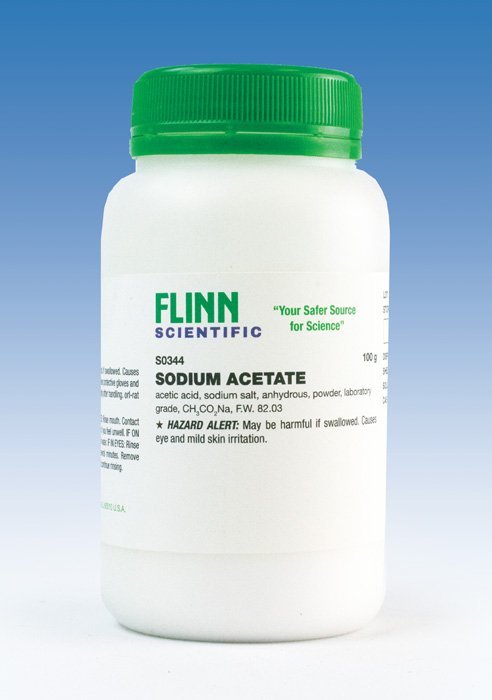Description
Sodium acetate (NaC2H3O2) is a versatile organic compound that plays a crucial role in various chemical and industrial applications. As the sodium salt of acetic acid, it appears as a white crystalline solid that is highly soluble in water. One of its significant uses is in the food industry, where it acts as a flavoring agent and a preservative. Sodium acetate can enhance the taste of processed foods and is often used in seasonings, savory snacks, and even as a buffering agent to maintain pH stability in food products.
In addition to its culinary applications, sodium acetate is widely employed in biochemical and laboratory settings. It serves as a buffer in molecular biology, particularly in procedures such as DNA extraction and electrophoresis. Its ability to maintain a stable pH is essential for ensuring the accuracy of experimental results. Moreover, sodium acetate is utilized in the production of heat packs, which leverage its unique property of supercooling. When triggered, these heat packs release stored energy as the compound crystallizes, providing an effective and reusable source of warmth.
Furthermore, sodium acetate is featured in various industrial processes, including the manufacture of textiles, dyes, and pharmaceuticals. Its role as a catalyst and a reagent in chemical syntheses highlights its importance in research and development. Additionally, due to its biodegradable nature, sodium acetate presents a more environmentally friendly alternative to some other chemical compounds, making it increasingly attractive in green chemistry initiatives. Overall, sodium acetate’s diverse applications, coupled with its compatibility with other substances, solidify its importance in both everyday life and advanced scientific research.








